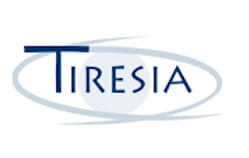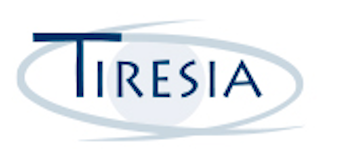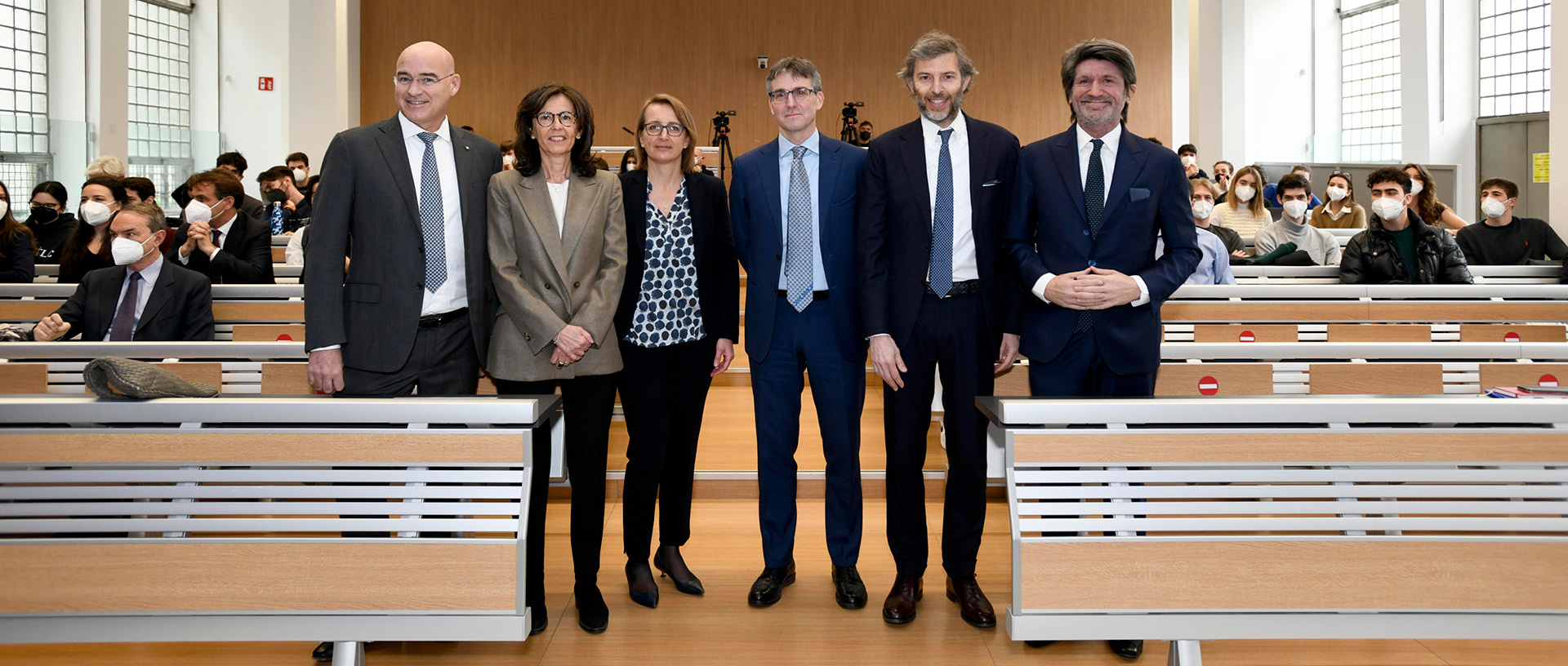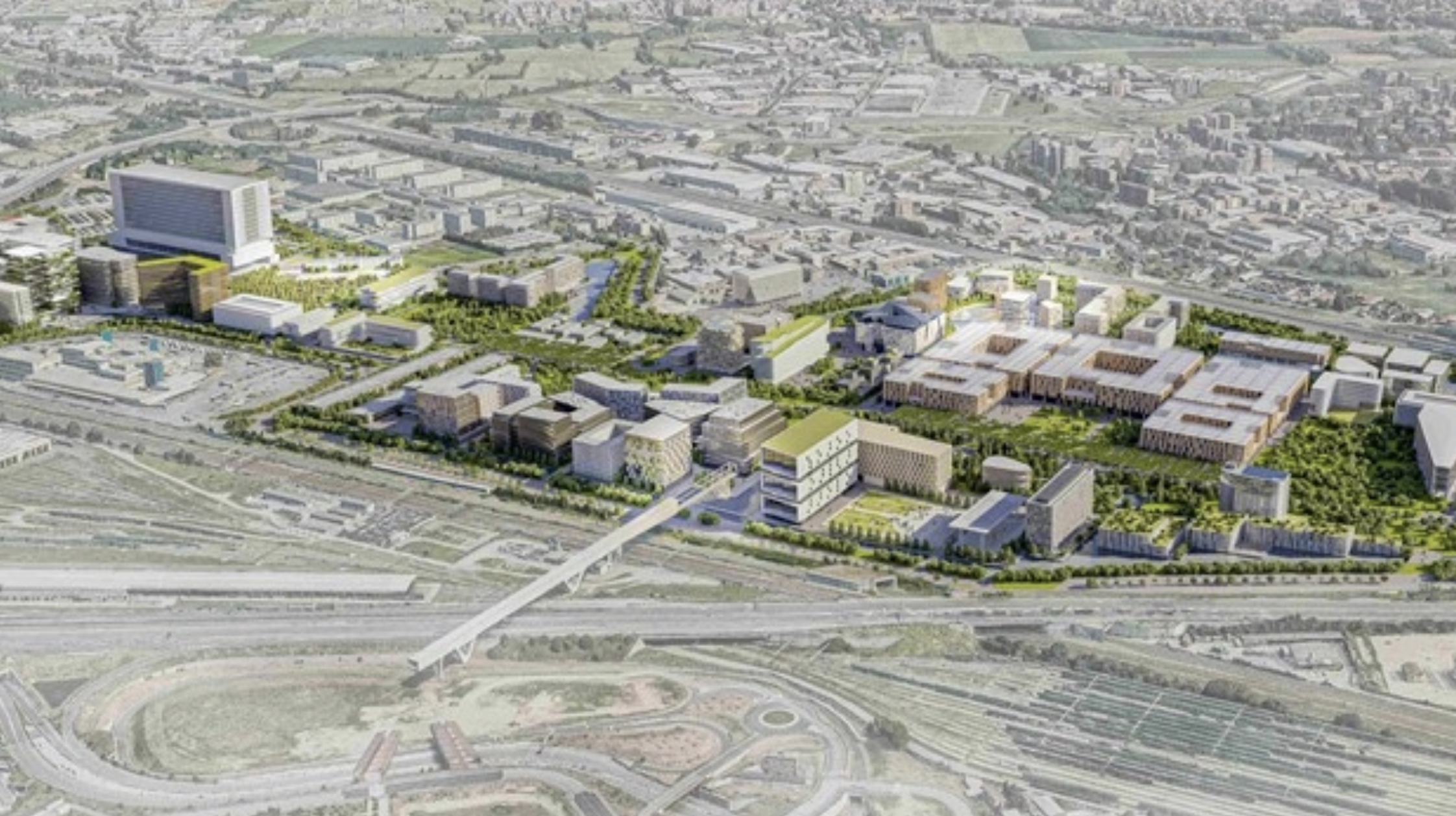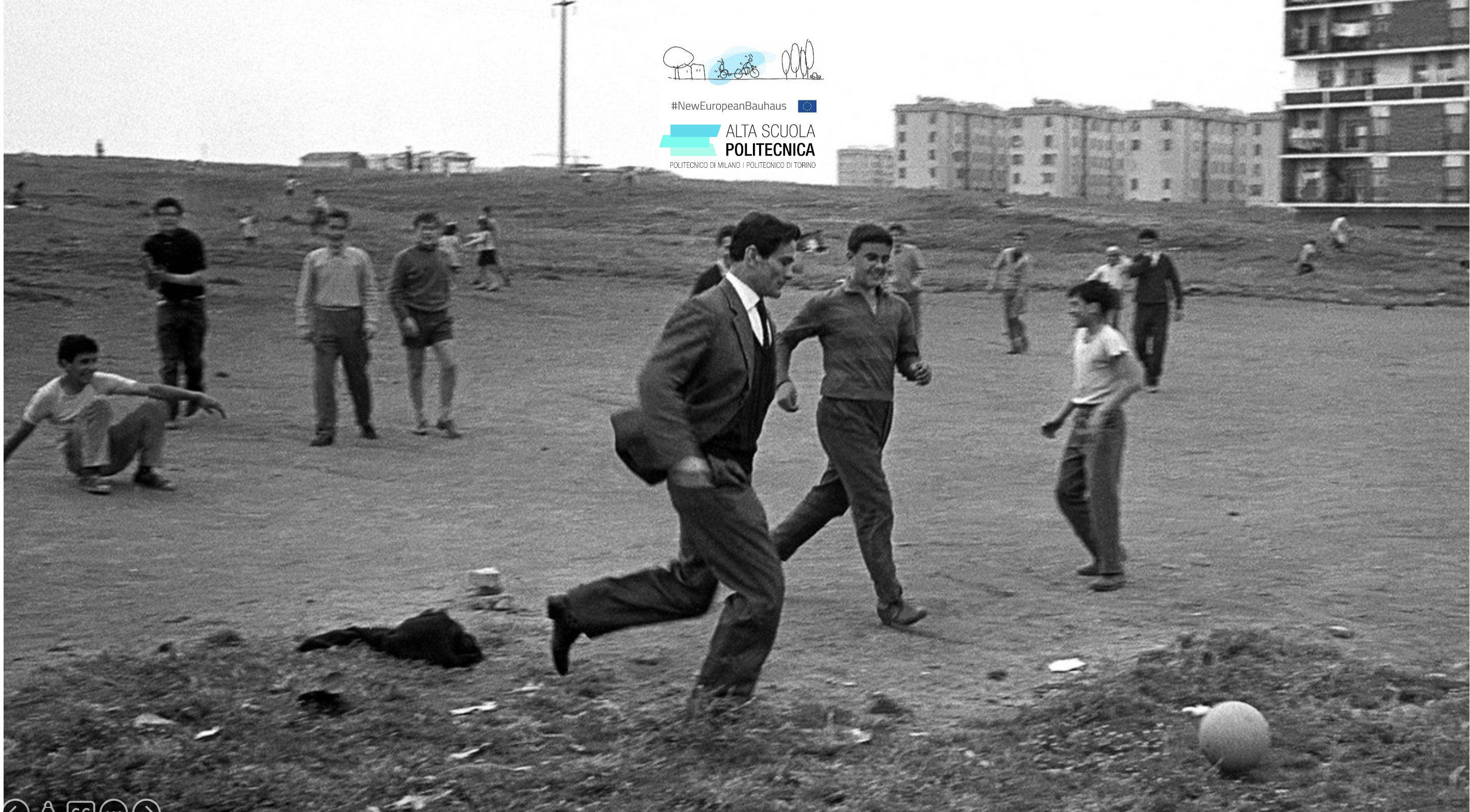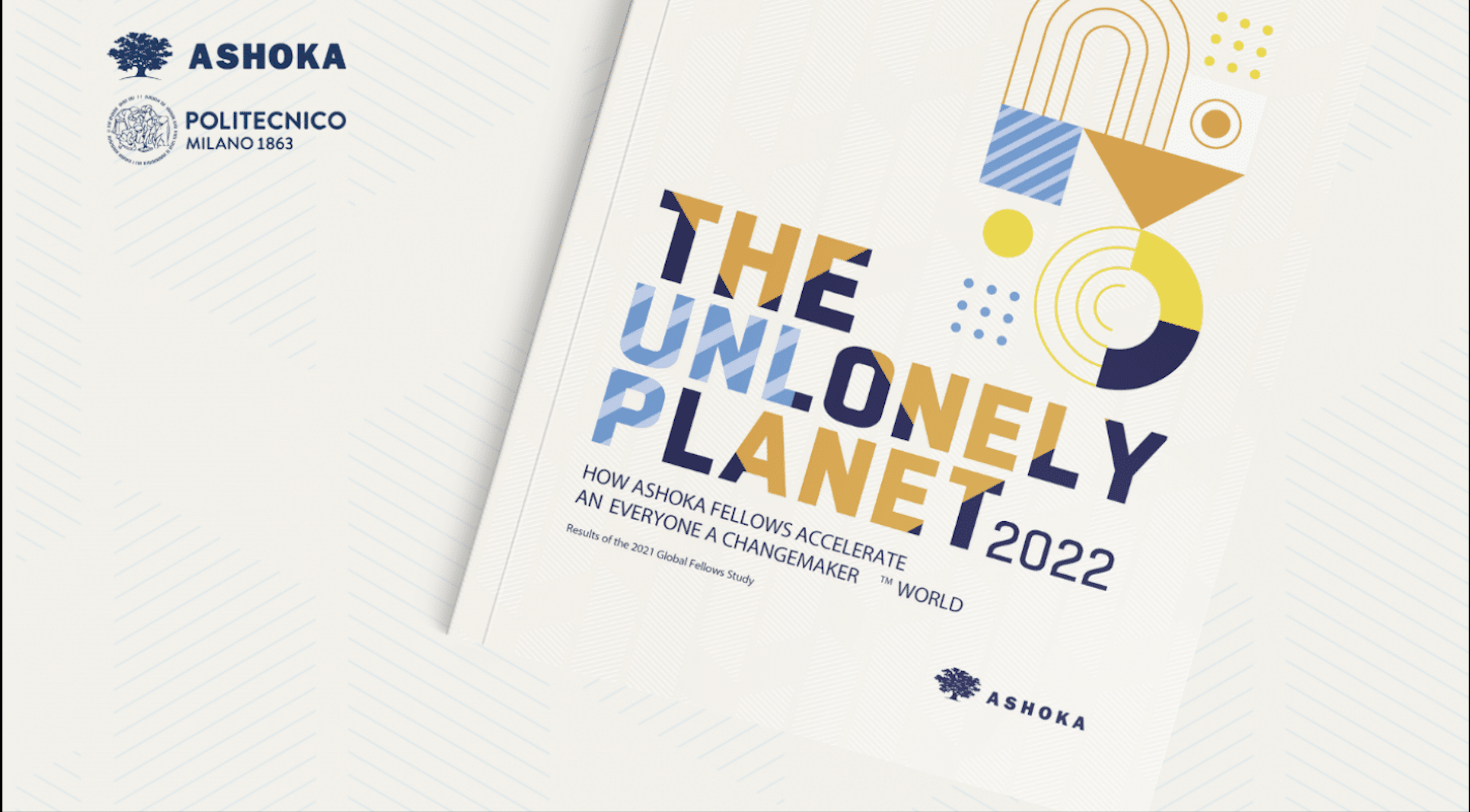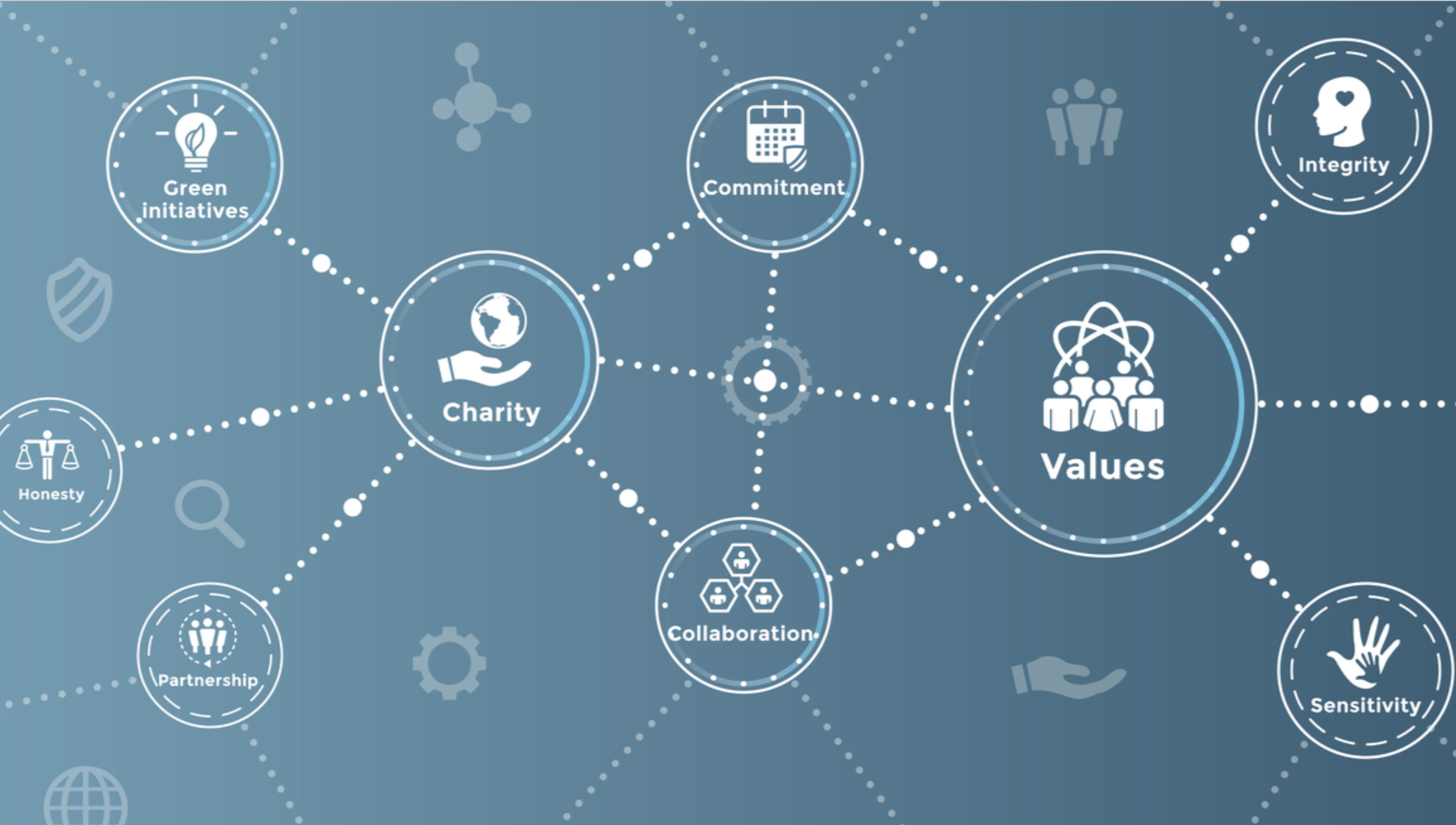La Repubblica | L’etica della promessa ora diventi realtà
25th May 2022 La SEC e la finanza sostenibile: il rischio è quello di avere una regolamentazione sofisticata che non è realistica.
A New Impact Era: the GSG Leadership Meeting in Turin from May 23rd to 25th
Si punta a formare figure professionali con doppia caratteristica di «manager-tecnologi» e con una prospettiva fortemente integrata e innovativa sulla sostenibilità
Empower The Future – La Transizione Energetica. | Mario Calderini | IT
L'intervento di Mario Calderini, Direttore Tiresia – Politecnico Milano, all'evento di Forbes Italia dedicato alla sostenibilità.
Master of Science in Trasformative Sustainability: la nuova laurea magistrale in collaborazione tra Bocconi e Politecnico
Si punta a formare figure professionali con doppia caratteristica di «manager-tecnologi» e con una prospettiva fortemente integrata e innovativa sulla sostenibilità
THE R(H)OME OF INNOVATION| Mario Calderini e Daniela Fatarella: l’innovazione nel terzo settore e nell’educazione
In questa prima puntata di The R(h)ome of Innovation – Innovazione Capitale, Mario Calderini e Daniela Fatarella, Direttore Generale di Save the Children Italia, ci raccontano dell’impatto della pandemia sul terzo settore.
MIND e il nuovo campus scientifico UniMi: Tiresia advisor scientifico per il Fondo Equiter Infrastructure II
A MIND, le società Lendlease e Equiter Spa hanno firmato un accordo per collaborare allo sviluppo e alla condivisione di opportunità di investimento anche con formule di partenariato pubblico-privato (PPP): tra i primi investimenti il nuovo campus scientifico UniMi.
ASP Winter School ’22 | The intangible matter of places: impact and innovation commons
News - 7th March 2022 Alta Scuola Politecnica 17th cycle – Winter School 2022
Mondiale Impact was lauched today
News - 1st March 2022 Mondiale Impact brings together the skills and experience of Mario Calderini and a group of pioneering impact leaders from around the world. They have joined forces to launch a new venture hoping to rethink governance for the 21st Century.
The Unlonely Planet: How Ashoka Fellows Accelerate an Everyone a Changemaker World
News - 25th February 2022 Mario Calderini’s Interview for the presentation of Ashoka’s Unlonely Planet Report. Ashoka presents its global study of systems-changing social entrepreneurs, the study is in collaboration with Tiresia-Politecnico di Milano.
Il Sole 24 Ore | Calderini: per Industria e PMI nel 2022 si imporrà il tema dell’impatto sociale.
25th February 2022 L'intervista a Mario Calderini: per molti settori il tema della sostenibilità si conferma centrale:ormai due aziende su tre hanno le carte in regola. Le Pmi sono spinte a cercare soluzioni per mantenere il ruolo di fornitori nella filiera. Si apre la stagione dell’impatto sociale”.




